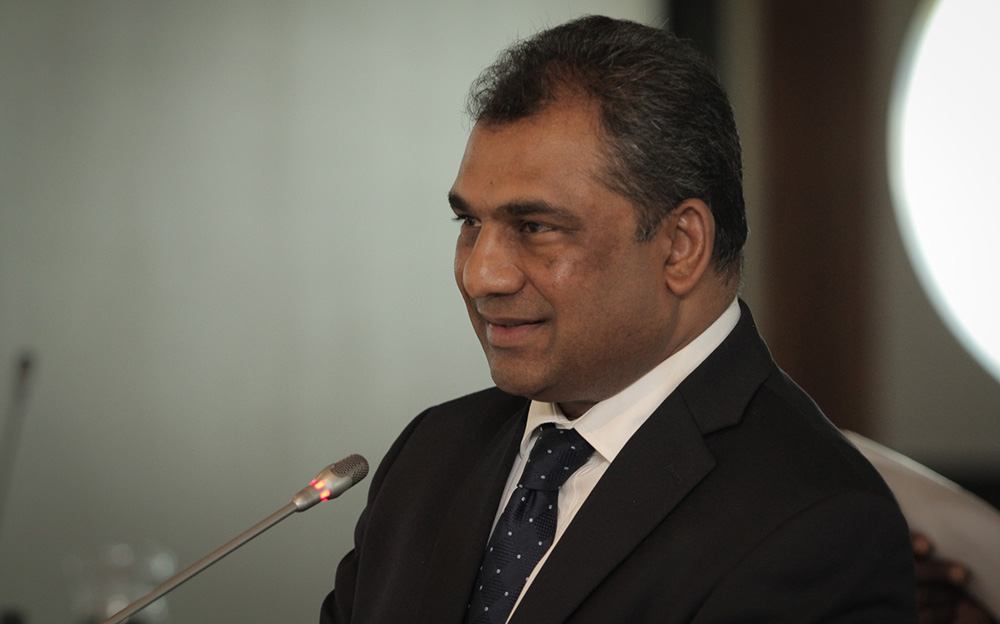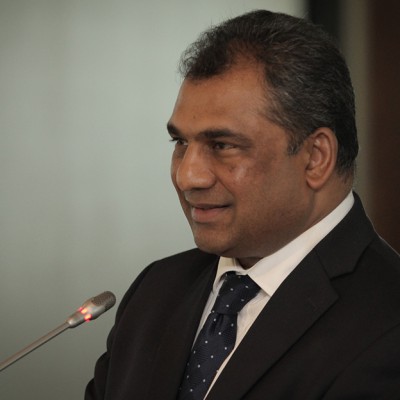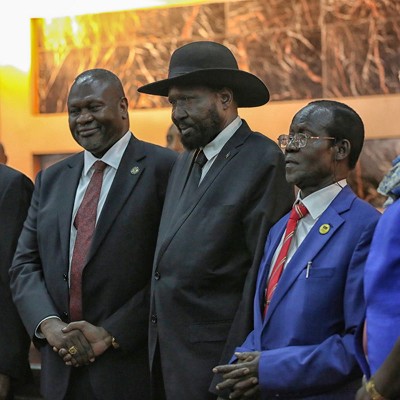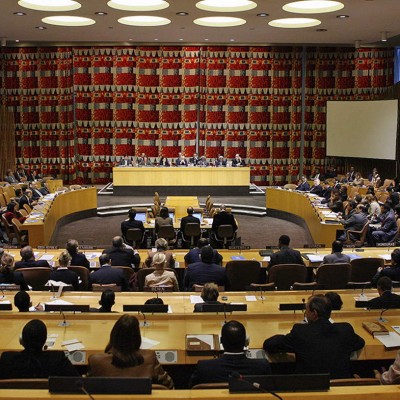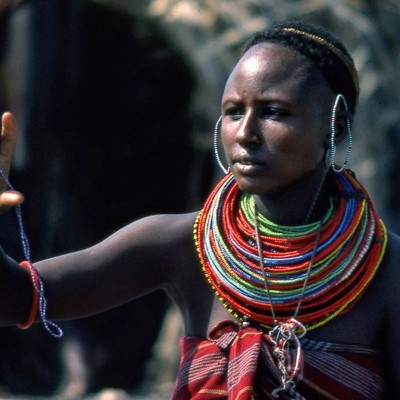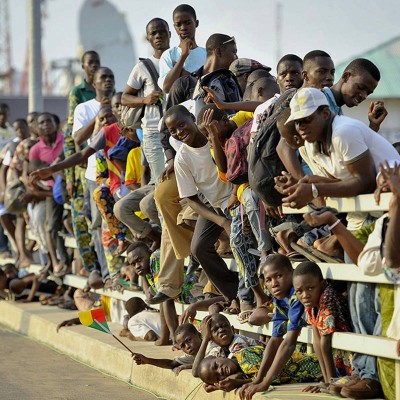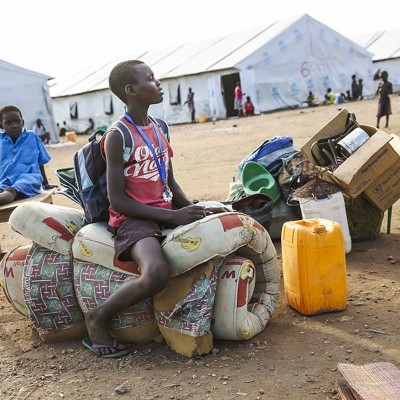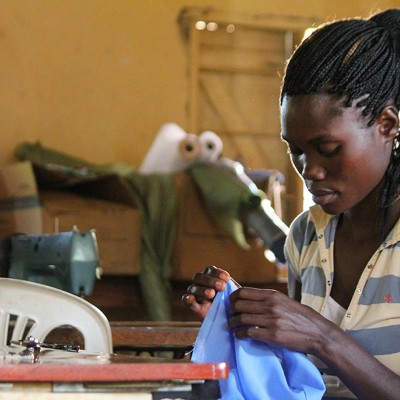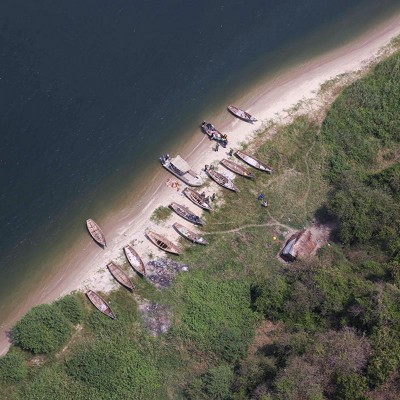The current COVID-19 pandemic-induced crisis has prompted panic buying, looting, riots, protests and violence across Africa. The spread of the virus, together with measures to contain it, will increase the risk of social unrest and violent conflict. Social impacts such as job loss, interruptions to public health programmes, loss of access to educational and other child support services, growing mental health challenges and increased gender-based violence are collectively deepening destitution in communities in Africa. If citizens become disillusioned with the measures that their government is taking to manage the pandemic and the government fails to identify and address these social and economic impacts adequately, public mass action and protests will ensue – and social cohesion and nation-building efforts in Africa will be severely undermined.
The COVID-19 pandemic is likely to be a threat multiplier, reinforcing existing – as well as generating – new forms of tensions and conflicts in Africa. The pandemic adds additional stress to a pre-existing mix of economic, social and political tensions – which, among a variety of other influences, are also aggravated by climate-related security and development risks. Furthermore, the economic measures to contain the virus have more severe and direct impacts on people’s livelihoods than the public health aspect of the pandemic. The African Centre for the Constructive Resolution of Disputes’ (ACCORD) analysis of the impact of the pandemic on conflict and resilience in Africa identified 12 countries that may be especially vulnerable to COVID-19-related social unrest and violent conflict. The current African Union Chair, South Africa, is among these 12 countries, together with Algeria, the Central African Republic, Burkina Faso, Cameroon, the Democratic Republic of the Congo, Ethiopia, Libya, Mali, Niger, Nigeria and Somalia. These countries exhibit key vulnerability factors including a high number of COVID-19 cases, conflict incidents, climate vulnerability and declining gross domestic product (GDP) growth.
A dynamic that has received limited attention is the likelihood of refugees of the pandemic. The possible increase in pandemic refugees could also trigger xenophobic tensions and conflicts across countries that have migration “pull factors”. The COVID-19 pandemic has also severely disrupted peace operations in Africa. This could curtail the level and nature of responses should major conflicts or violence erupt, especially if peace operations contract in size and scope.
Our analysis of the impact of the pandemic in Africa reveals that currently, there is no correlation between COVID-19 cases and overall levels of conflict in Africa. This could be attributed to the low levels of infections on the continent generally, with Africa still expected to reach the first wave that was experienced in Europe and the United States of America. While incidences of protests and riots have dropped considerably since the World Health Organization’s declaration of COVID-19 as a pandemic, this is probably only due to the strict regulations restricting movement and gatherings. However, as economic conditions worsen and if the pandemic is not controlled, protests and riots will likely increase, and even exceed rates prior to the pandemic.
The disruptions will have particularly devastating impacts on African youth – youth unemployment rates will increase as job opportunities decrease. Economic recovery and job growth are likely to be prolonged given that the pandemic has plunged the entire world into an economic recession, which is the worst in recorded history. Developing countries in Africa, with dire economic challenges prior to the pandemic, will take even longer to recover.
While youth in Africa are often the subject of violent conflicts, factors such as political instability, displacement, persistent poverty, and lack of opportunities and access to services (including healthcare, which the pandemic will worsen) can trigger protests and violence. Domestic and gender-based violence are also cause for concern. The national lockdown geared to curb the spread of the virus has contributed to increased violence against women and girls, who are vulnerable in their homes and communities.
Focusing on social cohesion (together with other forms of social and economic resilience) may play a role in softening and absorbing some of the negative effects of the COVID-19 containment measures.
Africa also needs a coordinated strategy to deal with the multiple consequences of the pandemic, especially given the high levels of interconnectedness and economic dependence. To address this global pandemic, the continental strategy must be integrated with a global response. Similar to the health impacts of the spread of the virus, conflicts and violence resulting from the pandemic will have local, regional and global ramifications, which need to be anticipated and managed. The building of local and national capacities to anticipate, prevent, mitigate and resolve conflicts will thus be crucial if we are to avoid a slide into further protracted social and political conflicts across Africa.

